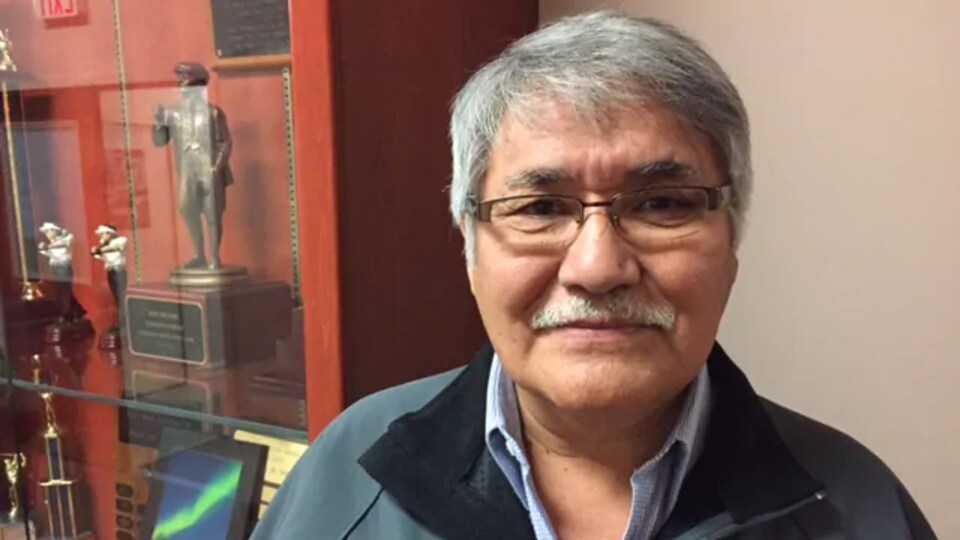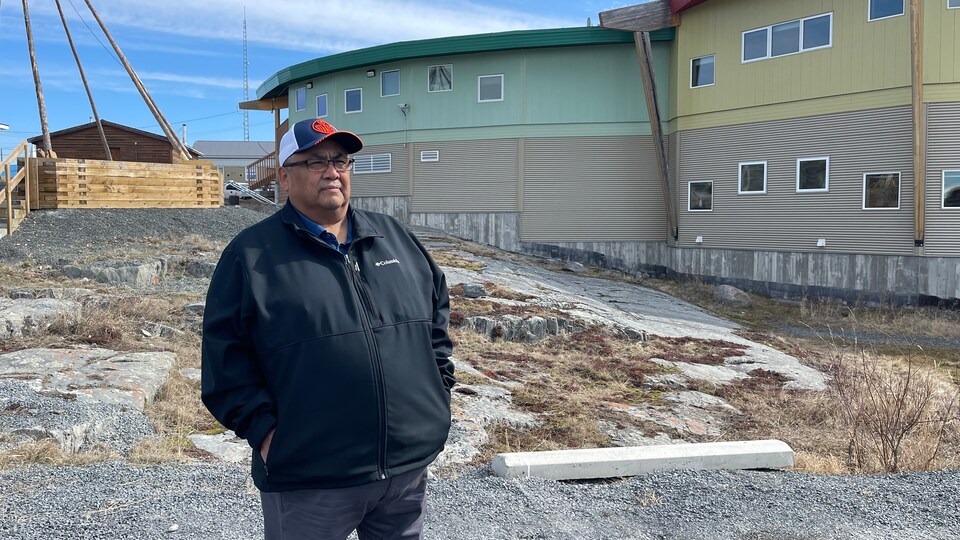After a visit to Newfoundland and Labrador and a stay in Ottawa, Prince Charles and his wife, Camilla Parker Bowles, are expected in Yellowknife in the middle of the afternoon on Thursday. If their visit is intended to be under the sign of reconciliation, the Aboriginals of the region hope for concrete gestures beyond the symbolism of their presence.
The royal couple should in particular visit members of the Dene First Nation of Dettah, southeast of Yellowknife. They will participate in various official ceremonies, including a drumming circle.
Prince Charles will take part in a celebration of the 75that anniversary of the Canadian Rangers, before heading to the Prince of Wales Northern Heritage Center where, among other things, a meeting on the challenges of northern agriculture and a discussion on Treaty No. 11 will take place.
Meanwhile, the Duchess of Cornwall will visit a women’s shelter, before heading to the side of Dettah Ice Road to discuss the effects of climate change and how Indigenous peoples are responding to it.
Their visit will culminate in a celebration of Queen Elizabeth’s Platinum Jubilee.
Recognition of the past, the great aspiration of the Aboriginals
At the heart of the meetings scheduled in Dettah and Yellowknife is the First Nations desire to be heard by the Crown.
We signed an agreement with the Crown [donc la famille royale] must live by the agreement and abide by its termssaid retired Dene Chief Paul Andrew.
Living the terms of the agreement begins with recognizing Aboriginal people and their rights, says Métis lawyer who specializes in Aboriginal cases Garth Wallbridge.
” The first step would be to say: “We recognize, as the royal family […] that we are involved [le traitement des Autochtones]”. Then, to say:” we apologize for that. “First the acknowledgment, then the apology. “
Although the monarchy seems symbolic to most Canadians, those present whose ancestors when the first European settlers arrived see Queen Elizabeth II and her successors as foreign Crowns on which they signed a nation-to -nation treaty. .
We believe that our agreement with the monarchy is an international agreementexplained Paul Andrew.
This equal status has led First Nations to appeal to the Crown when they feel the Canadian governments are deafening, said Professor Ken Coates, of the Johnson Shoyama School of Public Policy. , at the University of Saskatchewan.
First country always seeing their relationship [avec la monarchie] as the relationship between them, the first peoples, and the British government, he explains. For them, Canada is a kind of mediator that takes over certain responsibilities.
From words to actions
Recognition of their existence and potential apology should, however, be accompanied by concrete acts of reconciliation, NWT Aboriginal leaders believe.
An apology is important, but the following is more.commemoration of former Dene Chief Paul Andrew.
There are several projects for aboriginals and their children. [La famille royale] they must be supported [les] help with prevention [ce qui conduit en] prison or in foster careHe added.
First of all, they need to listenhe warned. Reconciliation is a big word today, but it takes will to have an open mind.
The time Prince Charles should spend in Dettah is a good start for listening to this, believes the community leader, Edward Sangris.
It shows that he is interested in what we want to talk to him about, that he wants to listen to us., he argued. Punong Sangris intends to take advantage of this time to express the reality of Dene to his community.
In particular, he wanted to discuss the reconciliation, but also the expression of this reconciliation on concrete issues, such as the impact of the Giant mine and climate change.
” It is important for the royal family to understand what happened, [qu’elle] can understand where we came from and what we faced. “
With information from Kate Kyle, Juanita Taylor and Olivia Stefanovich
Source: Radio-Canada

